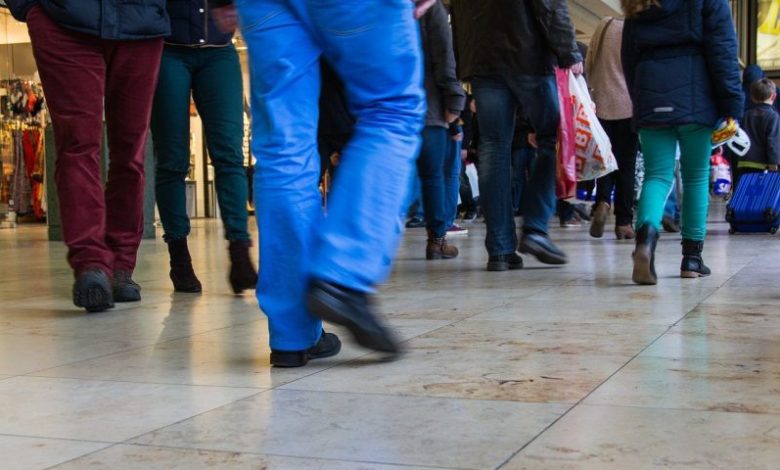Black Friday footfall expected to drop as shoppers go online

Retail intelligence experts Springboard have forecast that Black Friday and the following weekend will do “very little to help the beleaguered high street”.

Join 15,000 retail professionals with a membership
Get unlimited access and stay in the know. First-year special offer pricing. Cancel any time.
You have read 2/2 free articles this month.

How many members should have access to the subscription?
Monthly
Yearly
Save £9.89
No, thanks
I already have an account

Retail intelligence experts Springboard have forecast that Black Friday and the following weekend will do “very little to help the beleaguered high street”.

